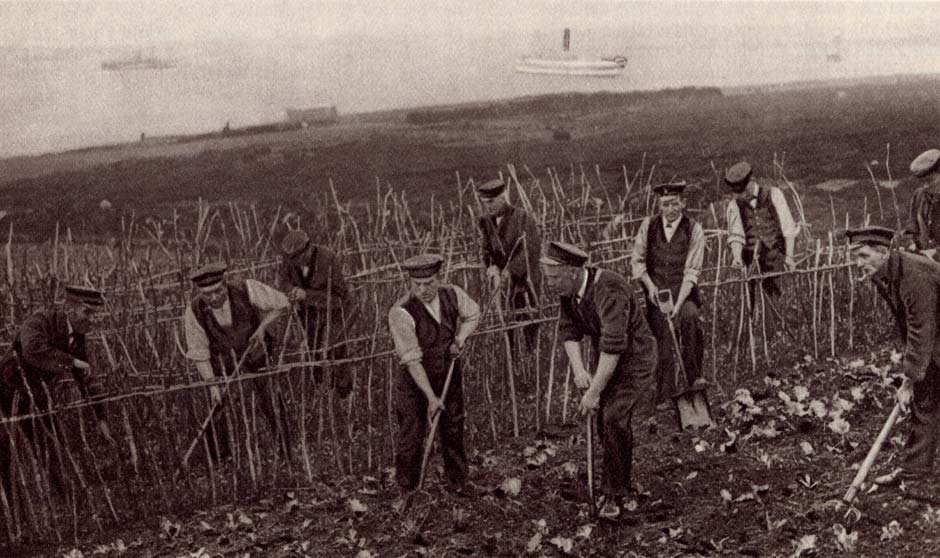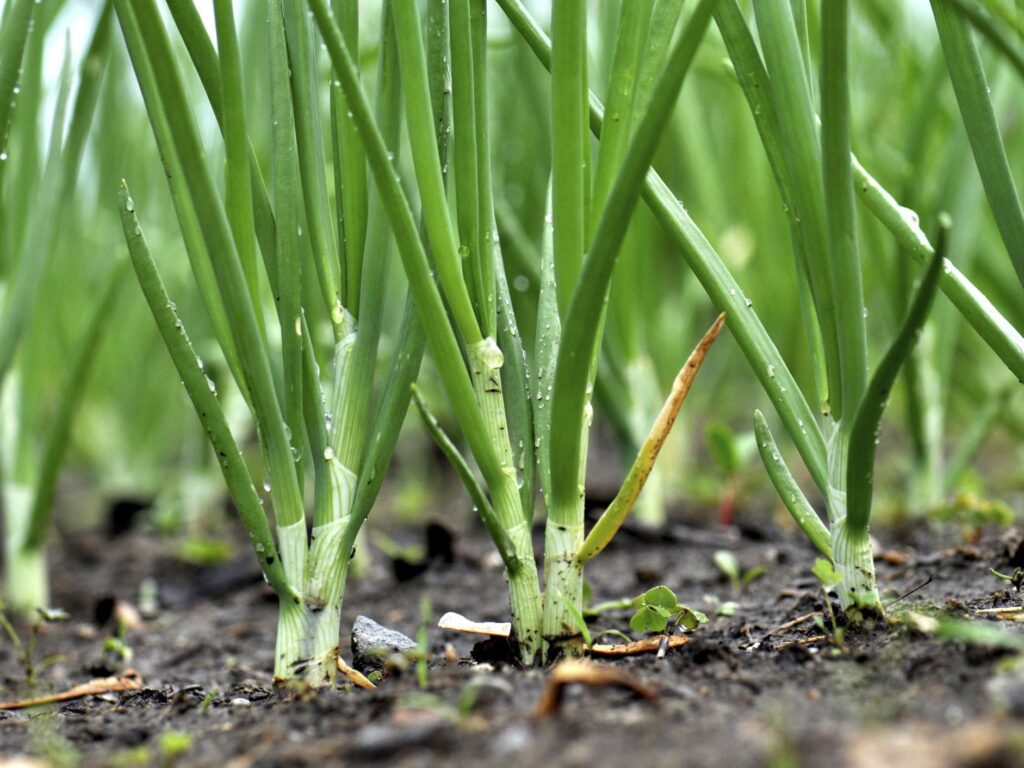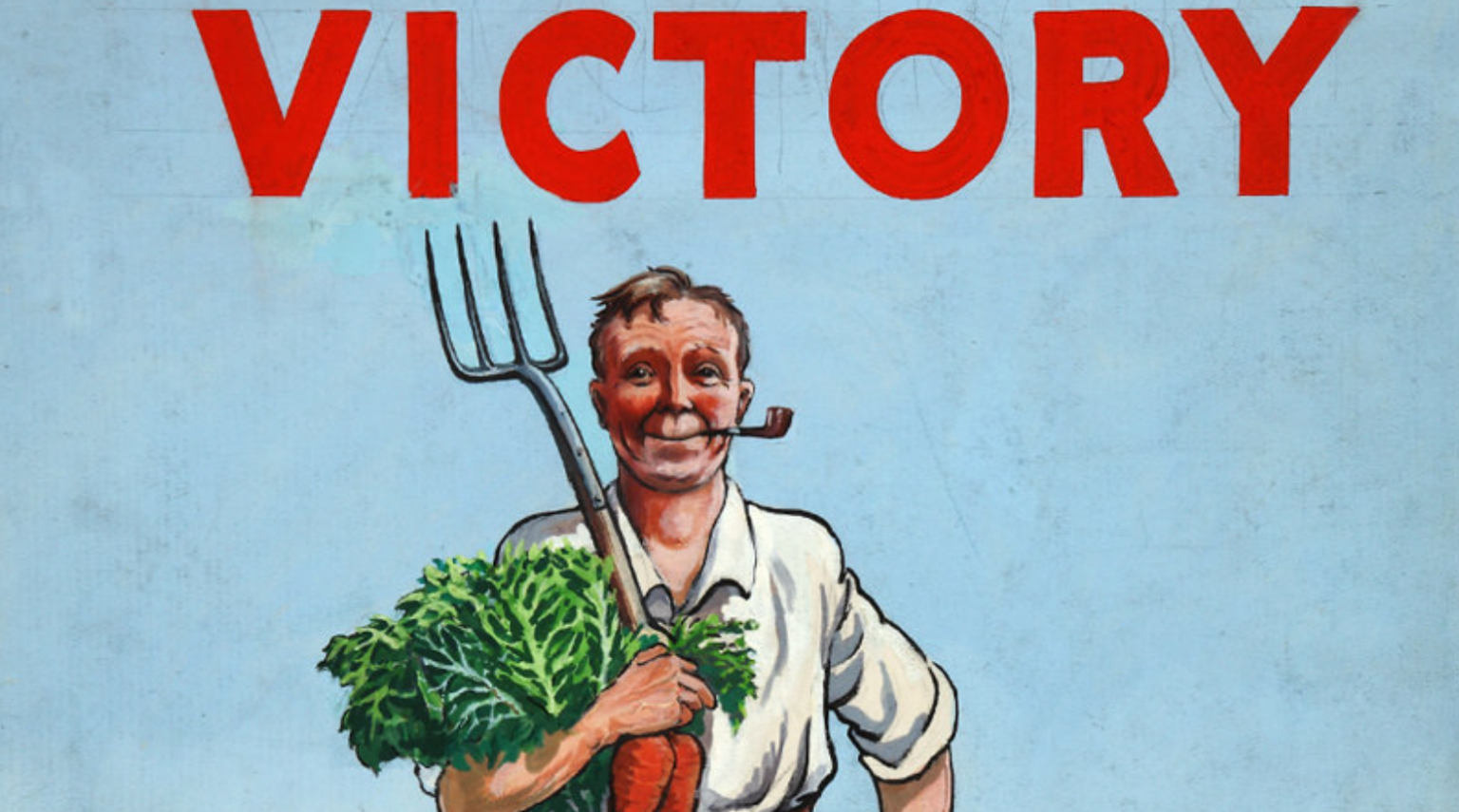In times of war and conflict, finding ways to feed and sustain a population can be a crucial factor in determining victory or defeat.
In the case of the city of Venice during the 16th century, a monk’s unusual vision led to the cultivation of vegetables that played a crucial role in the city’s victory over the invading army of the Holy Roman Emperor Charles V. The story of the Miracle of the Vegetable Garden has become a legend in Italian history, and serves as a reminder of the power of cultivating and consuming vegetables during times of war and hardship.
How Cultivating Onions and Fennel Helped Venice Win a War
During the 16th century, the city of Venice was under siege by the army of the Holy Roman Emperor Charles V. The citizens of Venice were running low on food and supplies, and the situation was becoming dire. However, a monk named Pasquale Malipiero had a vision that would help the Venetians win the war and overcome the famine they were facing.

According to legend, Malipiero had a vision in which he saw an angel who showed him how to grow vegetables in a small plot of land in the city. The monk believed that if he could cultivate these vegetables, it would help feed the citizens and soldiers of Venice, and perhaps even help the city fend off the invading army.
Malipiero convinced the city officials to give him permission to use the land for this purpose, and he and his fellow monks worked tirelessly to cultivate the vegetables, which included onions, fennel, and other greens. Despite the challenging conditions, the vegetables grew quickly and abundantly, providing much-needed sustenance for the people of Venice.
As the siege dragged on, the situation grew more desperate. However, the army of Charles V was struck by an outbreak of disease, and was forced to retreat from the city. The Venetians attributed their victory to the miracle of the vegetable garden, and the story became a legend that has been passed down through the generations.
While the miracle of the vegetable garden may be a legend, it speaks to the power of cultivating and consuming vegetables during times of war and hardship. In fact, many cultures throughout history have relied on vegetable gardens to provide nourishment during times of famine and conflict.

Today, vegetable gardening has become a popular pastime around the world, with many people growing their own vegetables for health, environmental, and economic reasons. In addition to providing fresh, healthy produce, vegetable gardening can also help people feel more connected to their food, their community, and the natural world around them.
In conclusion, the story of the Miracle of the Vegetable Garden in Venice is a reminder of the resilience and ingenuity of people in the face of adversity. By cultivating vegetables during a time of war and famine, the citizens of Venice were able to overcome seemingly insurmountable challenges and emerge victorious. And while we may not be facing the same challenges today, the lesson of the vegetable garden remains relevant and inspiring: with hard work, determination, and a little bit of help from above, we can overcome even the most difficult obstacles.




